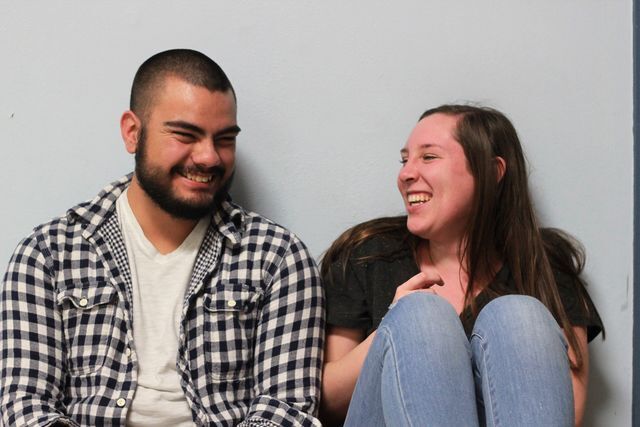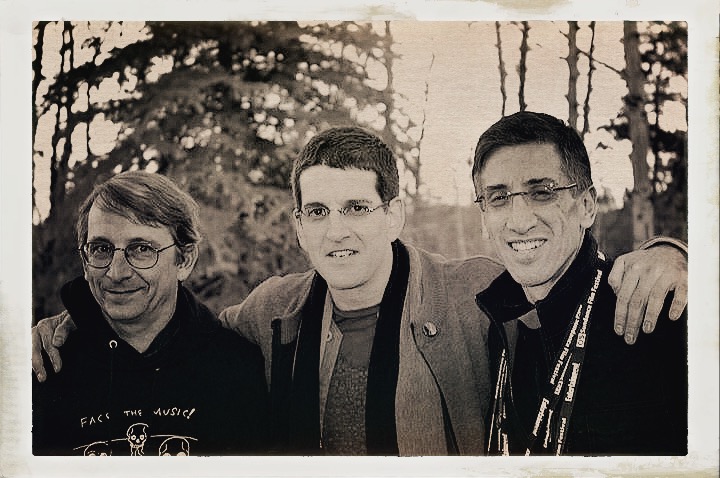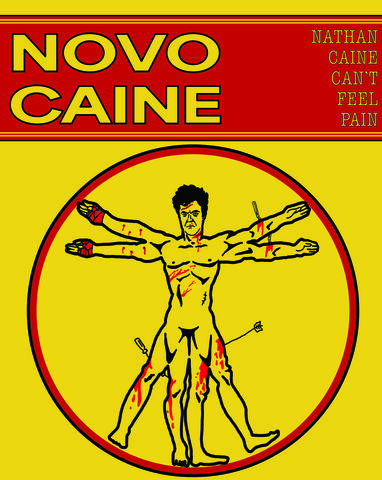As Valentine’s Day approaches, it is easy to get carried away with the chocolates, flowers and giant teddy bears and forget to evaluate the health and genuine happiness of a relationship.
Counselors in the San Marcos community want students to avoid unhealthy relationships and build strong bonds so they can be as happy as possible.
Most experts will say defining a healthy relationship is not easy and depends on individual people and situations. However, Melissa Rodriguez, director of development and community partnership at the Hays-Caldwell Women’s Shelter, said most healthy relationships have commonalities.
“A healthy relationship is based on trust and mutual respect,” Rodriguez said. “Both partners should feel respected, supported and maintain a level of independence. It can be complicated to define what is and isn’t healthy for someone, so it’s important that each person reflects and openly expresses what they consider to be important values in a relationship.”
Nicholas Rambeau, psychology senior and Men Against Violence president, said factors like negotiation, fairness, economic partnership and shared responsibility are key elements in a successful relationship. Although all these components matter, Rambeau said he believes mutual respect is essential to a healthy relationship.
“Having respect in a healthy relationship includes listening non-judgmentally, being emotionally affirming and understanding and by valuing each others’ opinions,” Rambeau said.
There are many steps couples can take to build a stronger and healthier relationship. Kevin Fall, professional counseling professor, said while spending time together and consistently communicating is important, there are other methods couples can practice to help their relationship thrive.
“When conflict arises, try to find the mutual goal and work together to overcome struggles,” Fall said. “Also, develop an identity that is separate from the relationship identity. This allows new experiences to be brought into the relationship and decreases unhealthy dependency on the relationship.”
Despite efforts to improve a relationship, it can sometimes head in the wrong direction. Paulina Flasch, professional counseling assistant professor, said it can sometimes be difficult to know when a relationship has become unhealthy, but there are some common things to look out for.
“Unhealthy relationships have a dynamic of disrespect, poor boundaries, dishonesty, lack of trust, only spending time with your partner or not spending time with your partner, or an unequal power balance,” Flasch said.
Fall said he would advise couples to approach problems in the relationship as a team with immediacy. If too much time passes without addressing an issue, it can result in more harm than good. However, when efforts to improve the relationship become ineffective, it may need to be re-evaluated.
“If you cannot make any meaningful changes and feel it is stagnating as either a controlling or distant relationship, then make a move to leave and go find a relationship that has a greater probability of getting what you want,” Fall said. “But before you move into another relationship, think about what you want in the next relationship differently and any changes in yourself that might be needed, and focus on that as you move forward.”
There are many resources available at Texas State and in the surrounding area to help you or your partner navigate the complexities of relationships, such as the Texas State Counseling Center, Hays-Caldwell Women’s Center and National Domestic Violence Hotline.
Categories:
Navigating the health of relationships
February 14, 2018
Even though freshman Madison Ratcliff and Izzy Robledo have been dating for four months, their love is unconditional this Valentines Day. Healthy relationships consist if laughter, love and communication.
Photo by Elza Taurins | Staff Photographer
0
Donate to The University Star
Your donation will support the student journalists of Texas State University. Your contribution will allow us to purchase equipment and cover our annual website hosting costs.
More to Discover









